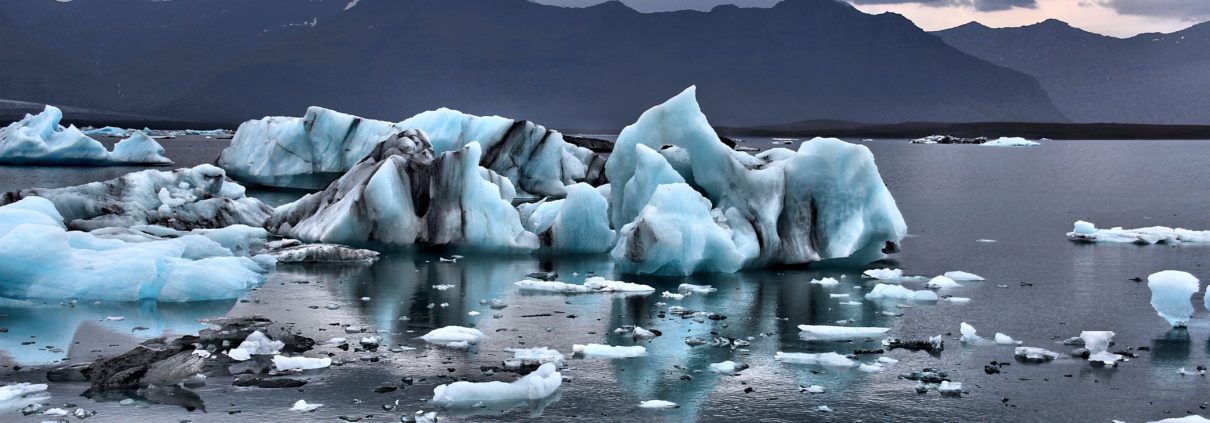Tackling Climate Change is Part of Many Countries’ Sustainable Development Plans
We are living in a time of immense challenges to sustainable development. Billions of people on Earth continue to live in poverty and are denied a life of dignity. There are rising inequalities within and among countries. There are enormous disparities of opportunity, wealth, and power. Gender inequality remains a key challenge and unemployment is still a major concern. Natural resource depletion and adverse impacts of environmental degradation exacerbate the list of challenges which humanity faces.
Climate change is one of the greatest challenges of our time and its adverse impacts undermine the ability of all countries to achieve sustainable development. Increases in global temperature, sea level rise, and other climate change impacts are seriously affecting coastal areas and low-lying coastal countries. The survival of many societies, and of the biological support systems of the planet, are at risk.
The 2030 Agenda for Sustainable Development encourages member states to “conduct regular and inclusive reviews of progress at the national and sub-national levels, which are country-led and country-driven.” These national reviews are expected to serve as a basis for sharing successes, challenges, and lessons learned. These reviews are called voluntary national reviews (VNRs). The VNRs also seek to strengthen policies and institutions of governments and to mobilize multi-stakeholder support and partnerships for the implementation of the Sustainable Development Goals.
Many VNRs focus on six out of the 17 SDGs:
- SDG 1: eradicate poverty
- SDG 2: eliminate hunger
- SDG 3: enable healthy lives
- SDG 5: bring about gender equality
- SDG 9: encourage sustainable industry, infrastructure, and innovation
- SDG 14: preserve coastal and marine resources and ecosystems
For the full article:
CLICK HERE



